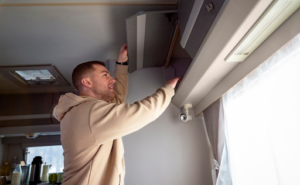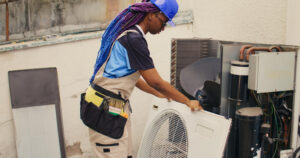Menu
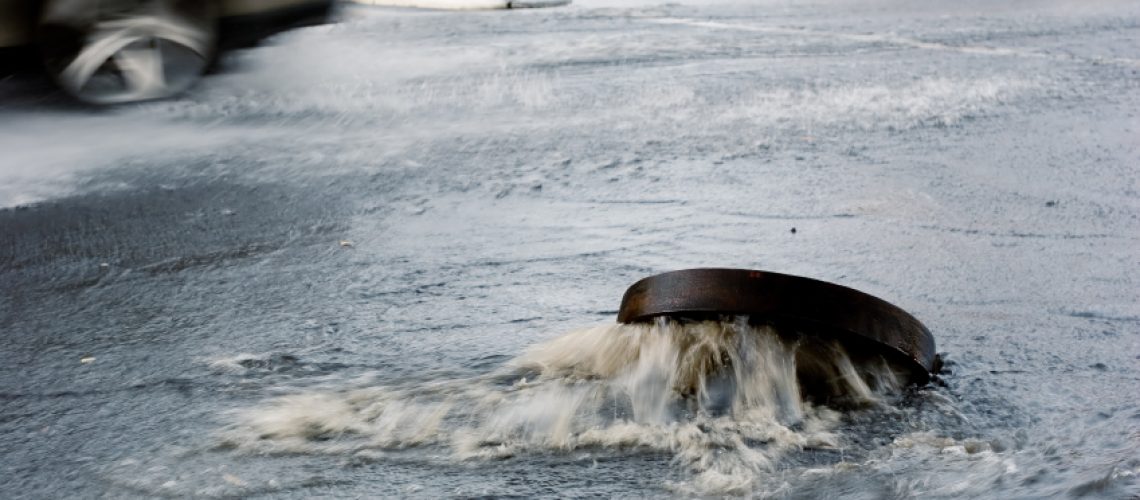
5 Common Causes of Sewer Backup at Home: What to Do
Have you ever thought about how your wastewater gets out of your home and wonder where it goes? This is where a sewer system comes into the picture. For the most part, houses in cities and towns have these systems installed, and the local public work department usually maintains them. They consist of underground pipes or tunnel systems designed to transport sewage from houses to proper disposal sites.
It’s important to have a basic understanding of your home’s sewer system and get acquainted with some plumbing issues associated with it. One major yet common household problem is sewer backup, where wastewater doesn’t go down the drain, which is a problem that is quite inconvenient and disruptive for the whole family. If left unattended, it will escalate into a major plumbing issue that compromises the family’s health and leads to costly repairs.
In this article, we will cover five common causes of sewer backup and provide you with preventative measures to address this problem:
1. City sewer line
A sewer backup doesn’t necessarily arise from your own plumbing system, as this may originate from the city sewer line. The chances are that there are multiple houses in the neighbourhood, causing unwanted clogs in the locality. When encountering a backup problem at home, get in touch with a professional plumber to determine the issue’s source. If the problem springs from the city sewer line, inform your local public work department so that they can address it immediately.
2. Heavy rain or storm
It’s common for storm-prone areas to experience a sewage backup, and even those locations with prolonged heavy rainfall encounter this problem. The chances are that the rainwater adds up to the sewage and causes flooding in the tunnel system or underground pipes. As a homeowner, you are responsible for the main sewer line up until the edge of your property. It’s best to get ready for the storm and have preventative measures set in place to avoid a potential backup.
3. Tree roots
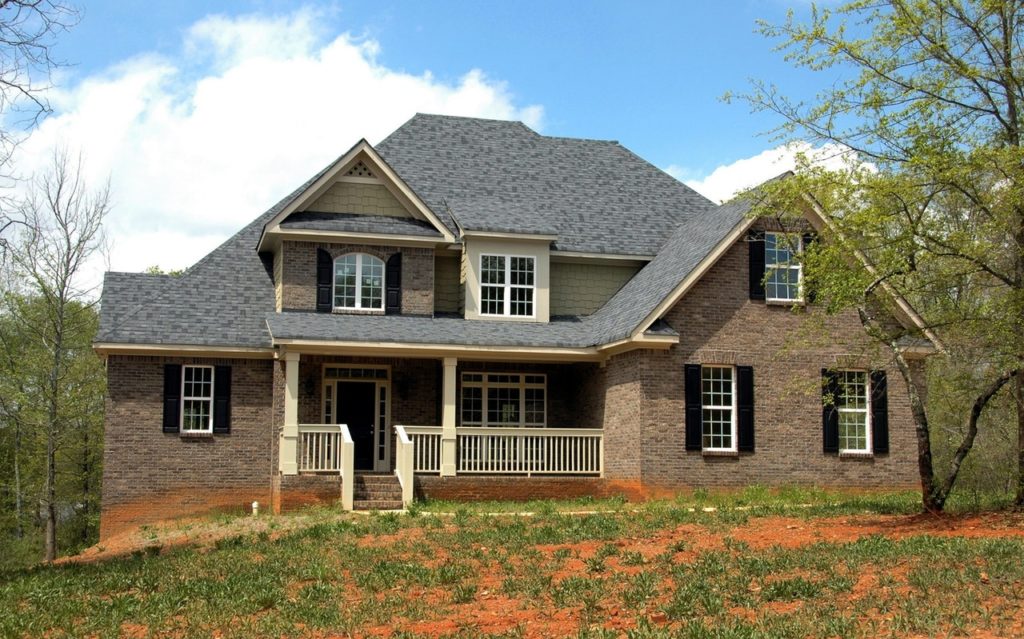
It’s inevitable for homeowners with surrounding trees to encounter a sewage backup. This plumbing problem usually has to do with the tree roots growing close to the pipelines and causing some damage to the fixtures. As you may or may not be aware, the pipes are porous, making it easy for roots to break in and lead to extensive damage. Over time, they cause sewage backups that can be quite problematic for the whole household.
4. Damaged pipes
Keep in mind that your underground pipelines are subject to wear and tear. When exposed to harsh outdoor elements, they will end up getting cracked or completely damaged over time, causing a sewer backup. Furthermore, common materials like PVC, clay, and cast iron used in pipes aren’t designed to last forever. They become brittle with age that eventually collapses and ends up with a sewage backup.
5. Improper waste disposal
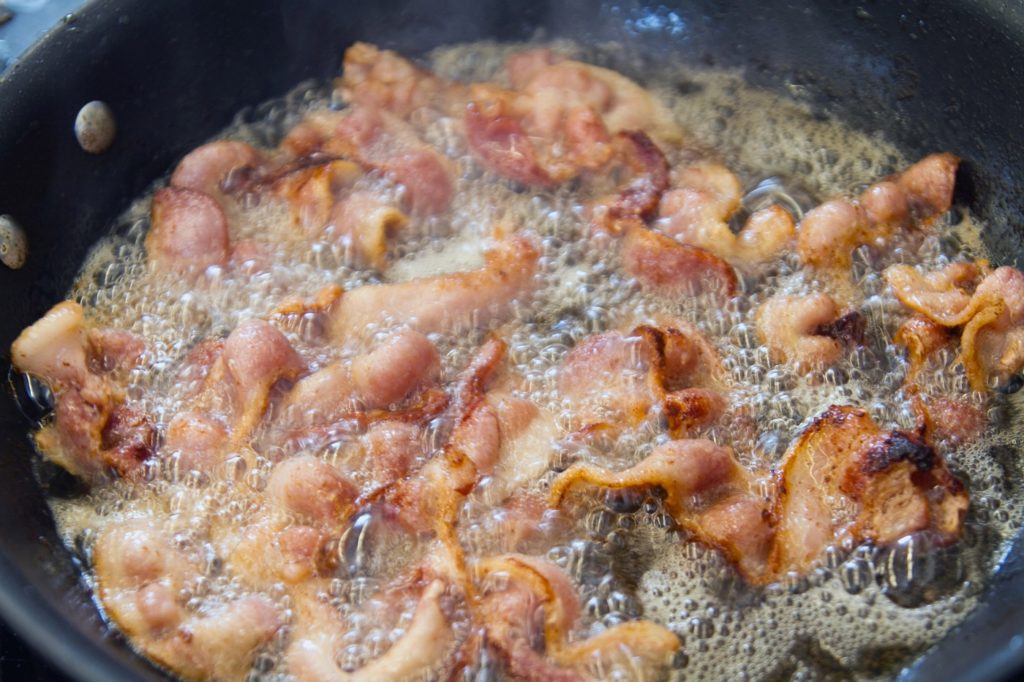
Improper disposal of wastes is usually the main culprit of a sewage backup. The chances are that the whole family members aren’t wary of what they flush down the drains, whether in the kitchen or bathroom. Below are some of the things they tend to dispose of down the drains:
- Grease or oil
- Non-flushable items (diapers, sanitary napkins, and paper towels)
- Excess organic waste (spoiled food wastes)
- Toys and kid’s stuff
- Hair strands
Top tips in preventing sewage backup
As with any case, prevention is always better than cure. Below are some common yet effective practices to prevent a backup in your home:
- Never pour oil and grease down your kitchen drain.
- Be wary of what you flush down your toilet.
- Protect your pipes by tightly securing them in place.
- Always maintain your storm sewer system.
- Install plastic pipes to prevent your lines from deteriorating.
- Have regular drain relining or drain rehabilitation.
- Install backwater prevention valves.
- Know where your pipes are and don’t plant trees near them.
Conclusion
At this point, you now know five common causes of sewer backup—city sewer lines, heavy rain or storm, tree roots, damaged pipes, and improper waste disposal. Be sure to follow the top tips above regarding preventing this plumbing problem. With all these preventive measures in place, you and your family won’t have to deal with this backup problem ever again!
Are you confronted with a sewer system backup problem? You’ve come to the right place, as we provide residential sewer system backup services in Abbotsford, BC. We also cater to all heating, air conditioning, and plumbing needs – contact our emergency plumbers for high-quality services today!
